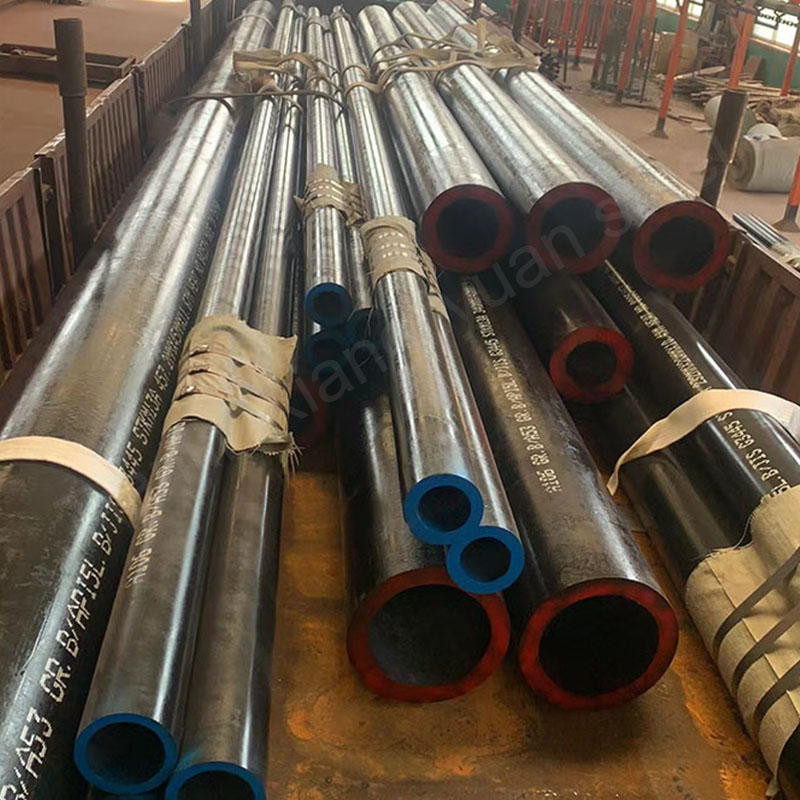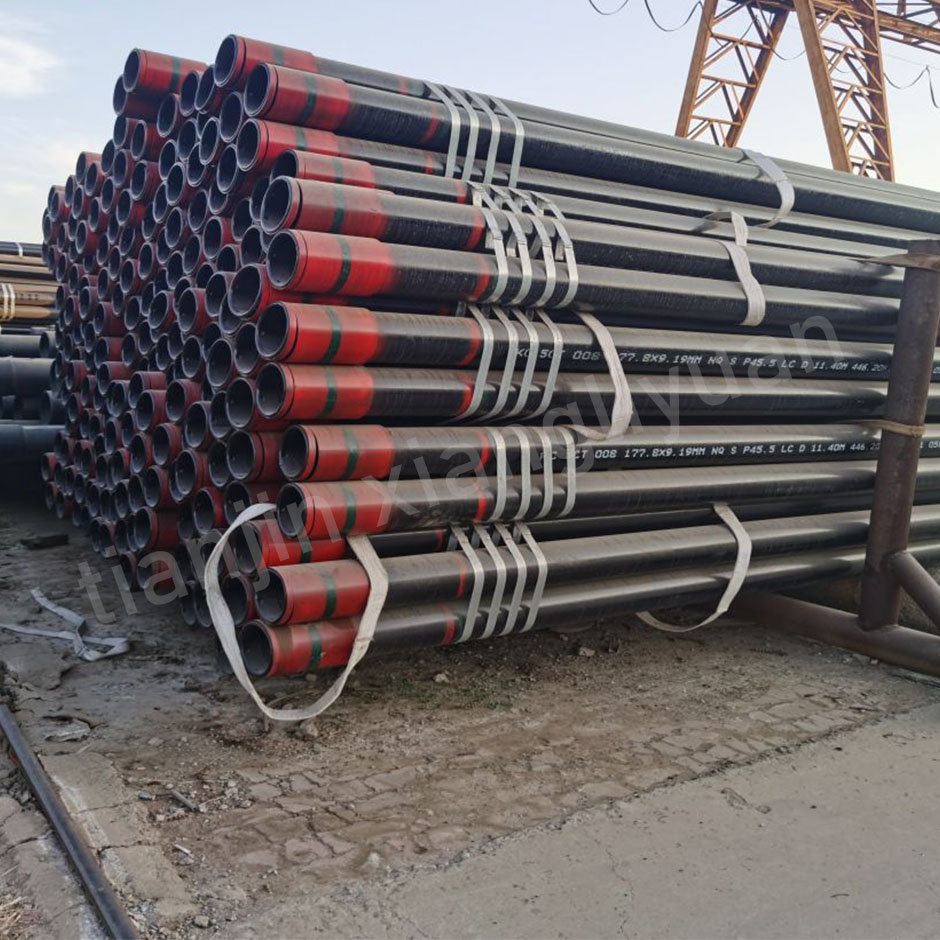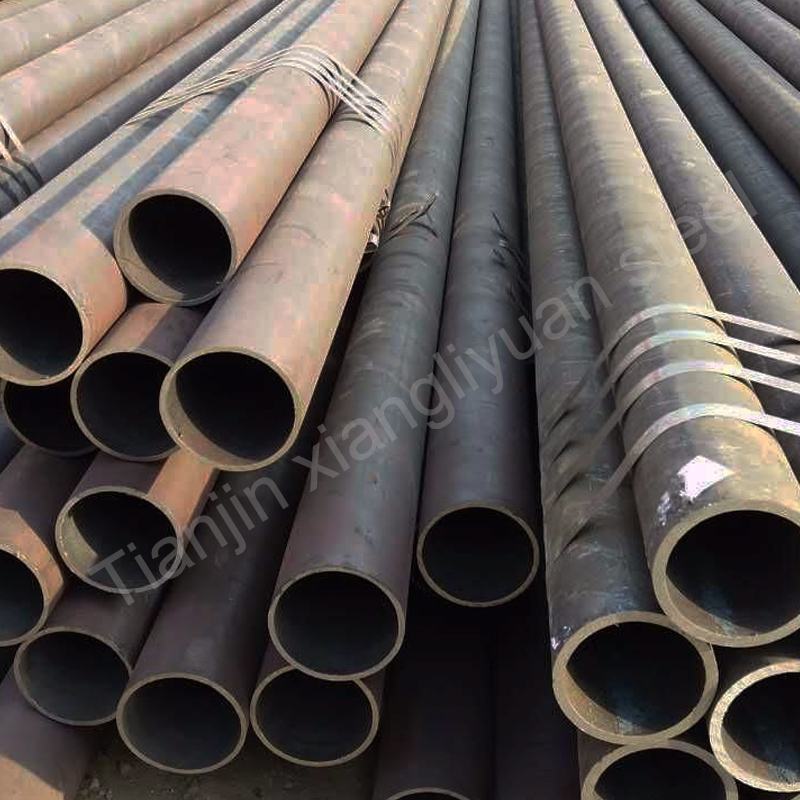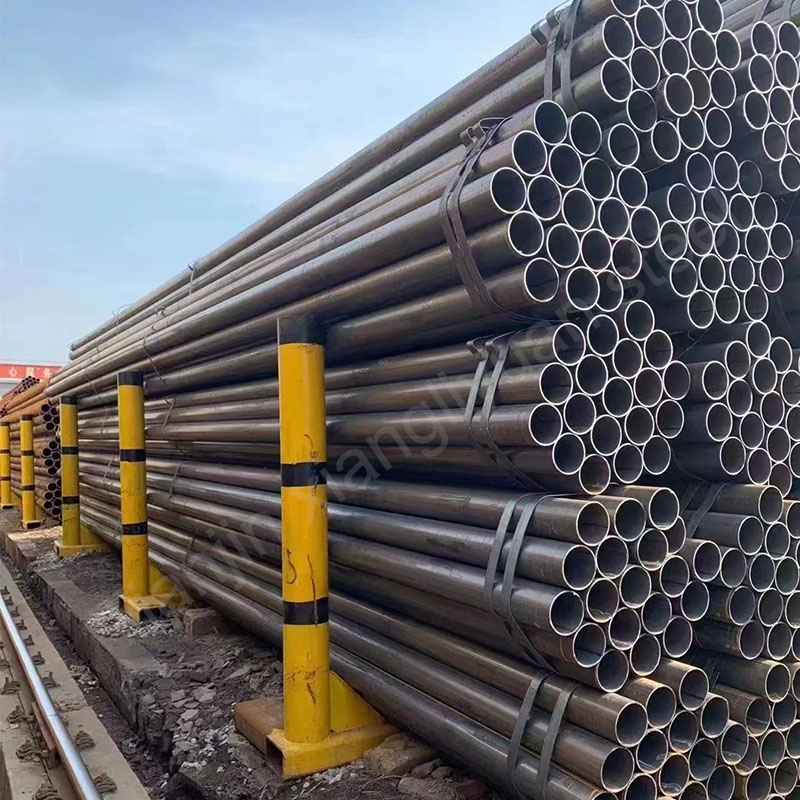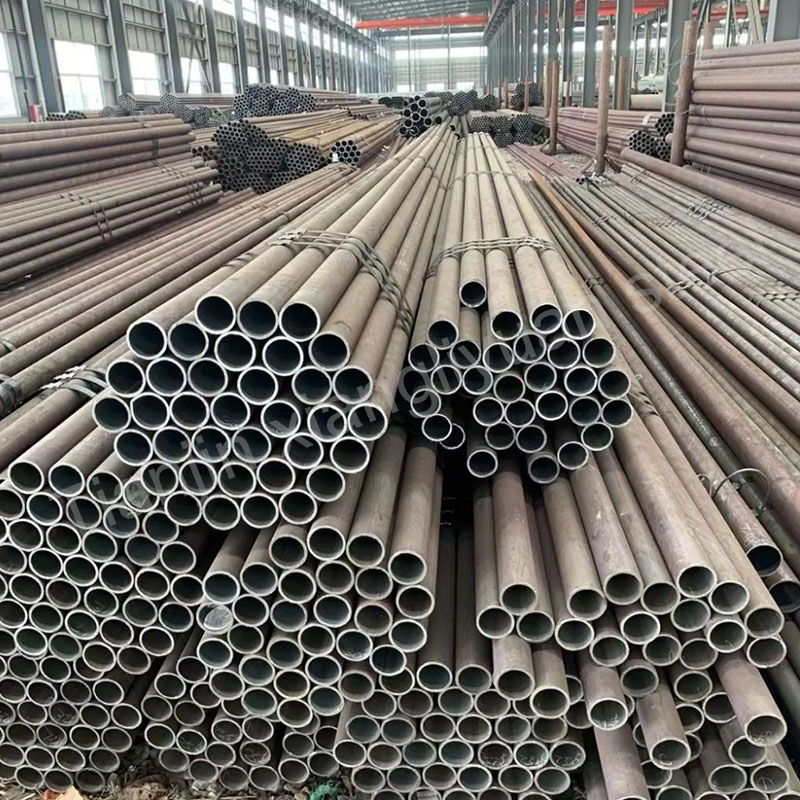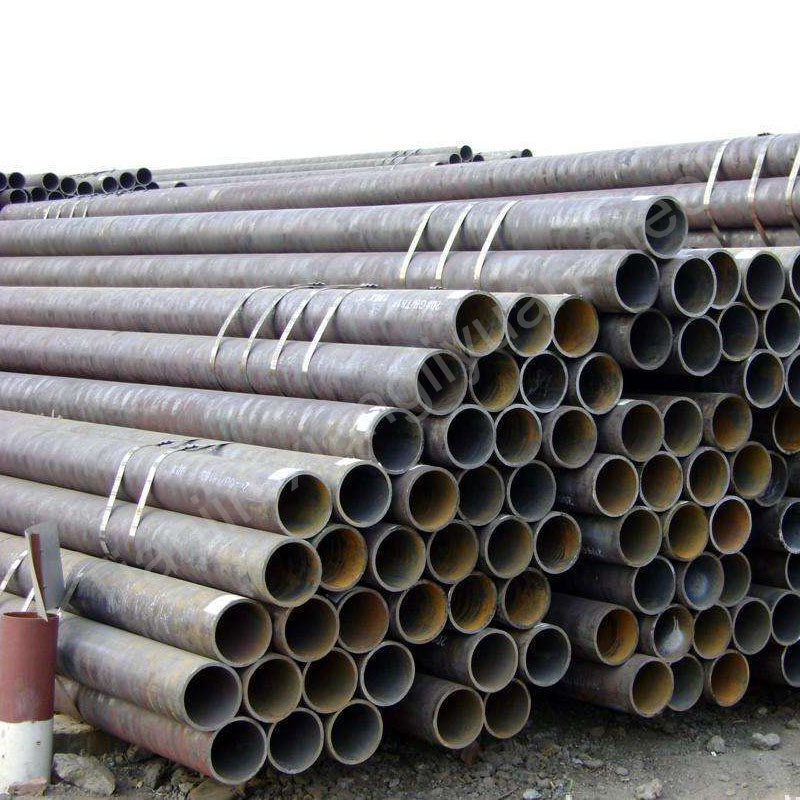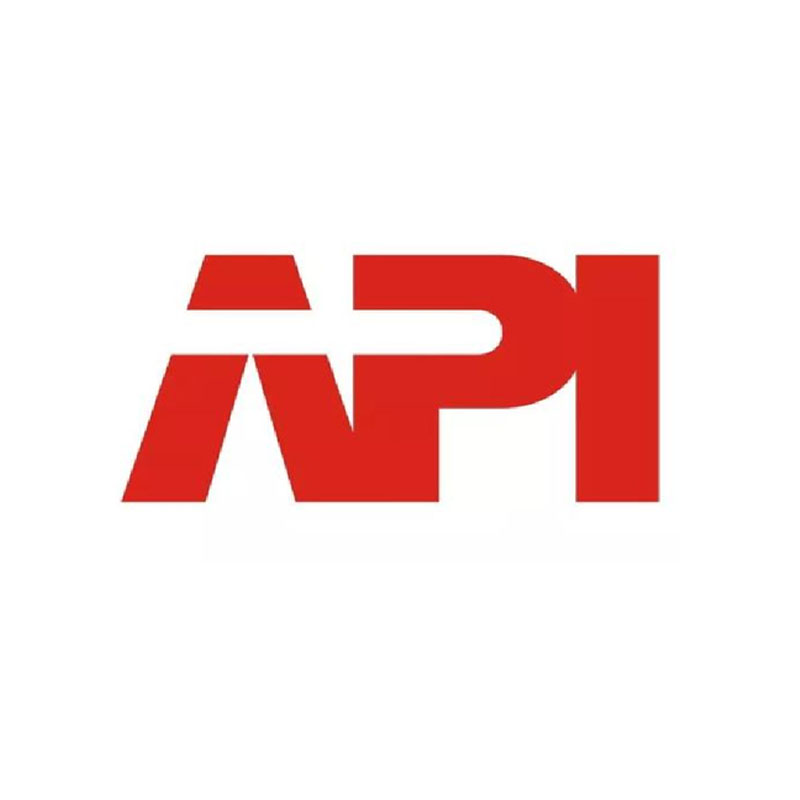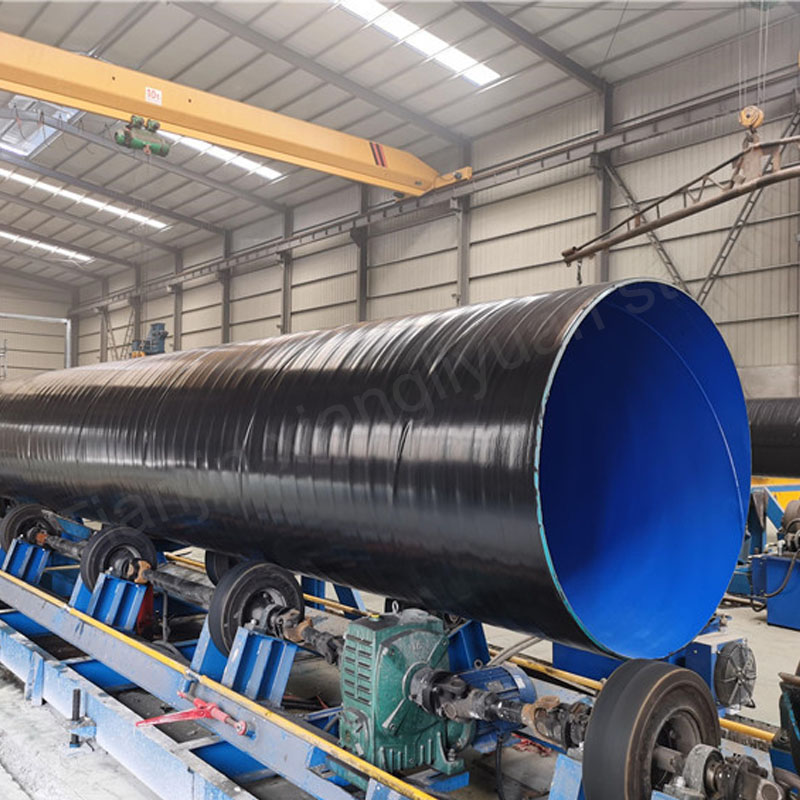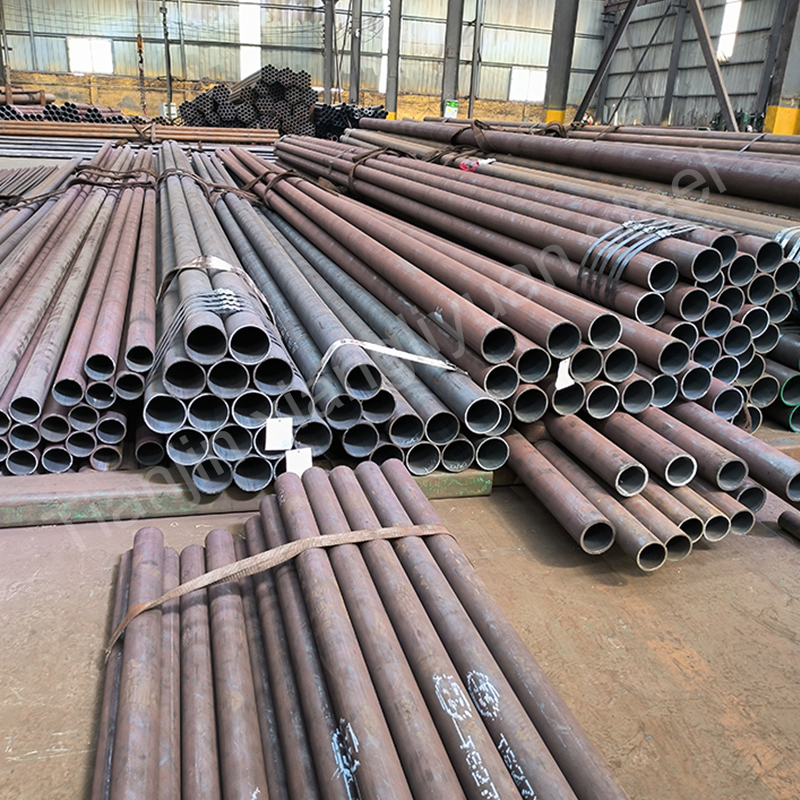In the global energy infrastructure, pipeline systems play a vital role in transporting oil and gas efficiently and safely over long distances. At the heart of these systems lies the API 5L pipeline pipe, a product engineered to meet rigorous industry standards for durability, strength,
The global energy sector relies heavily on oil pipelines and gas pipelines to transport hydrocarbons safely and efficiently. At the heart of these systems lie seamless pipes and welded pipes, engineered to meet rigorous industry standards. This article explores the technical aspects of pipeline pipes,
Seamless steel pipe is a pipe with a hollow cross-section and no seams around it. It is made by hot rolling, cold rolling or cold drawing. Due to its excellent mechanical properties and pressure resistance, it is widely used in petroleum, chemical, electric power, machinery
Oil and gas line pipes are steel pipes specially used for transporting fluids such as oil and natural gas. As a key component for oil and gas transportation, it not only needs to withstand high pressure, corrosion, and low temperature, but also must meet the
Seamless steel pipe is a kind of steel pipe without welds. It is widely used in many fields due to its excellent mechanical properties and pressure resistance. The following is a detailed introduction to the seamless steel pipe standards of major countries and regions: 1.
Seamless steel pipes can be divided into the following categories according to different manufacturing processes, materials and uses: 1. Classification by production process Hot-rolled seamless steel pipe: produced by high-temperature rolling, suitable for high strength and high toughness requirements, widely used in machinery, construction, oil
API Standard is an industry standard developed by the American Petroleum Institute (API) and is widely used in the oil and gas industry. API Standard covers all aspects from exploration, production, processing to transportation and sales, ensuring the safety, reliability and compatibility of equipment and
The purpose of anti-corrosion treatment of steel pipes is to extend their service life, protect them from environmental factors, and avoid economic losses and safety hazards caused by corrosion. The specific reasons include the following: Extend life: Anti-corrosion treatment can significantly extend the service life
A natural gas pipeline is a specially designed pipeline system for transporting natural gas. The materials of natural gas pipelines mainly include the following: Carbon steel: the most commonly used material, due to its high strength, good corrosion resistance and low cost. Alloy steel: used
Seamless steel pipe and welded steel pipe are two common types of steel pipes, which have significant differences in manufacturing process, performance, application areas, etc. Seamless steel pipe manufacturing process: Seamless steel pipe is made directly from a whole piece of metal through processes such

